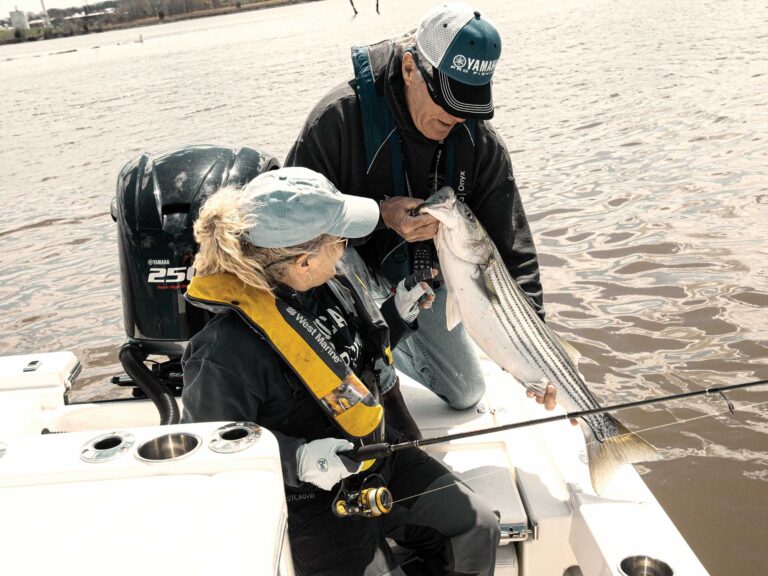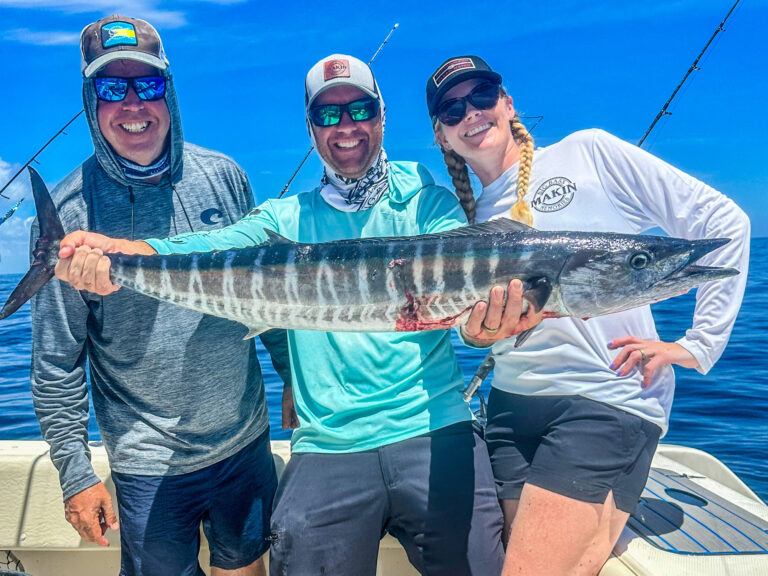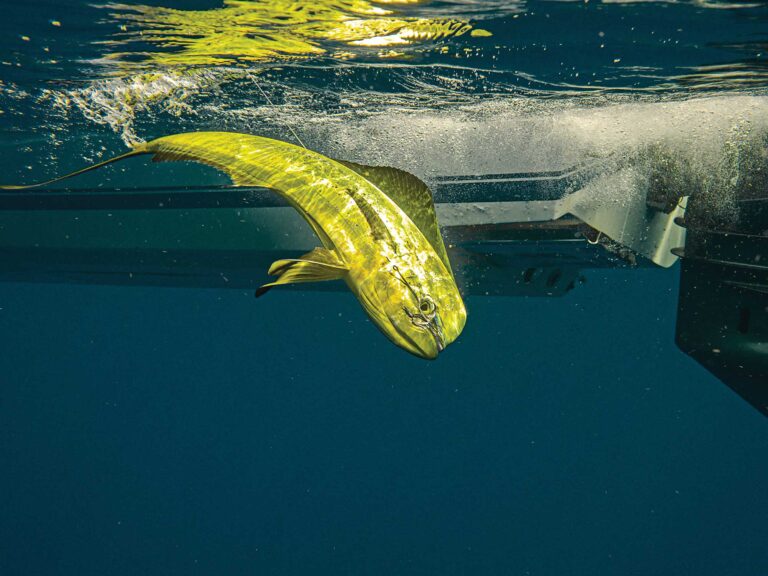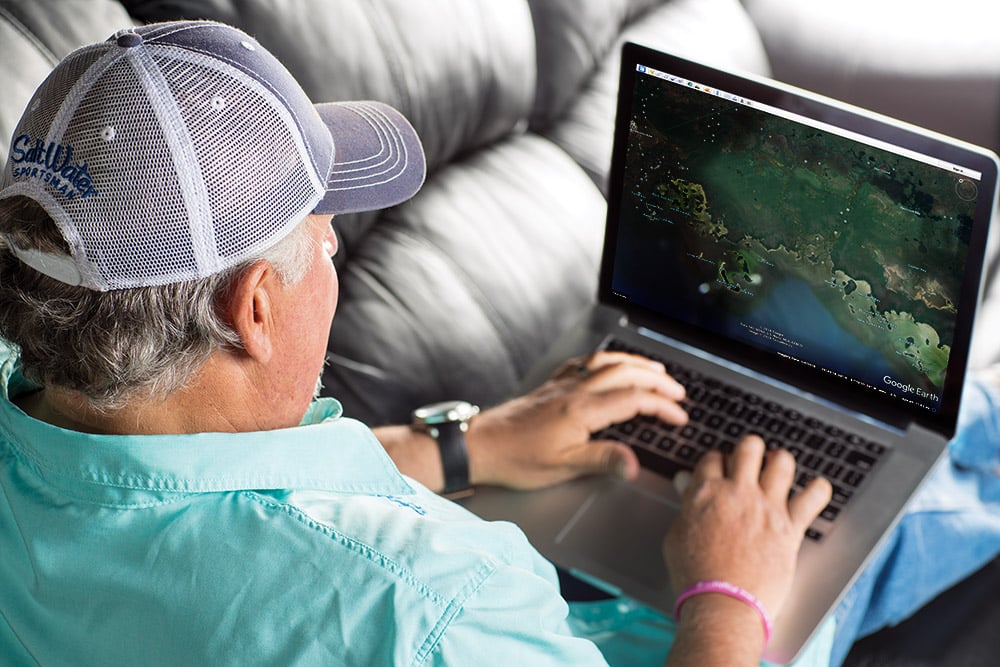
Whether prompted by a vacation or business trip, or simply fueled by the desire to catch different species, sooner or later the appeal of distant waters pushes anglers to travel away from home.
Some research and preparation prior to taking off for parts unknown ensures trouble-free navigation and a fun, successful outing.
“The first and most important aspect when fishing away from my base is navigation,” says Capt. Brant McMullan, a North Carolina pro who has enjoyed tremendous success on the king mackerel trail and various big-game tournaments. He and his crew typically make six to eight major trips along the Atlantic and Gulf coasts each year, and most of the time, they go out early and come back in after dark, navigating through inlets. “I arrive a couple of days prior to lay down and name tracks in the chart plotter. So at a later time, when I’m running in the dark, it’s like a video game or flying by instrument flight rules. There are no surprises.”
McMullan likes to plan logistics ahead too. He trailers a 39 Yellowfin, so he gets fuel at truck stops along the way for easier access to the pumps. He prefers to keep the boat in the water to eliminate the extra effort of launching and pulling out every night after long days offshore, but that does require confirming trailer parking at his destination. When going to a new spot, advance reservations at marinas are a must. And it’s smart to have the location and contact information of the area’s fuel docks, alternate launch ramps, and a local outboard mechanic, in case unexpected trouble should occur.
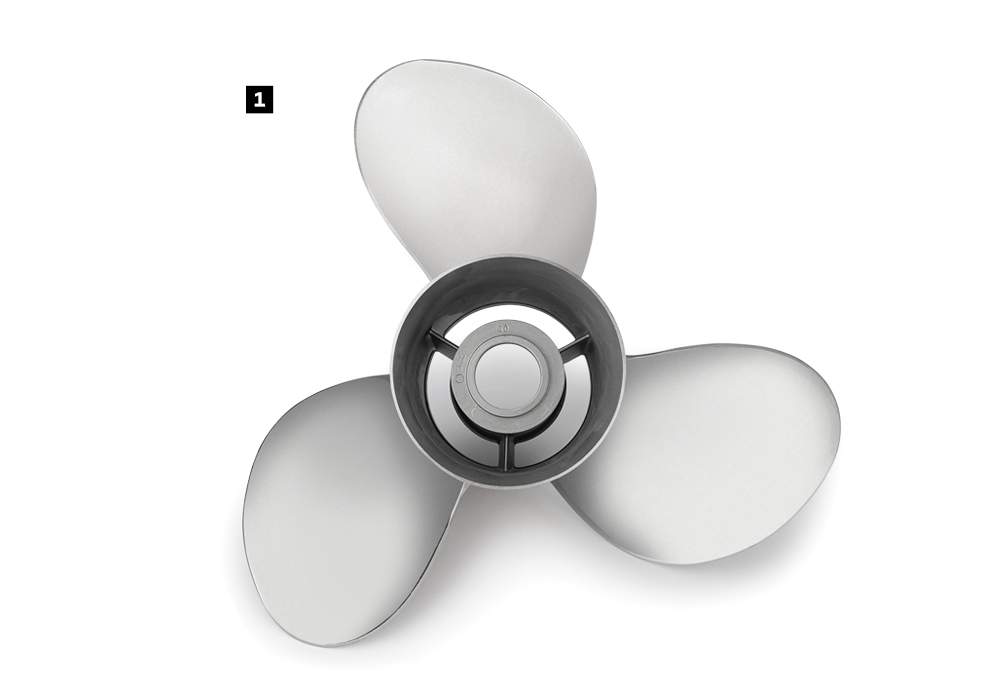
Handheld electronic devices are handy backups on your own boat, and they are a safety precaution if you jump aboard a friend’s or a rental. A waterproof VHF radio and a GPS pre-loaded with digital charts are compact and essential. Smartphones with nautical applications have become extremely popular with boaters thanks to their convenience and all the available choices. Applications like Navionics charts, weather/radar (Windy, Radar US) and tide charts (Tides4Fishing) help take the guesswork out of navigating unfamiliar waters, and many do not require cellular coverage to work.
Don’t forget to pack the chargers for all these devices in your gear bag. And if your destination is remote, renting a satellite phone for the trip will let you stay connected while off the grid.
Before you start packing, make a checklist to ensure nothing important gets left behind. That includes boat/trailer registration, proof of insurance, and the insurance-claim and towing-service telephone numbers.
If traveling out of state, you’ll also need to purchase nonresident fishing licenses, where applicable.
Many anglers approach an unfamiliar destination by hiring a guide to scope out a new area before going solo. But Mac Jank and Chris Wells reversed that order for Jank’s first Louisiana experience last October. The two drove from Victoria, Texas, to Delacroix, Louisiana, towing a Maverick 17 HPX skiff to fish on their own for a few days before joining a Venice guide.
“We wanted to do some exploring for reds and trout on our own and put together a game plan beforehand,” Jank says. “I studied Google Earth satellite images a lot, plus I knew a local guide who shared some pointers and told us which marinas to use. That certainly was helpful, but I would recommend leaving your options open. You’ll only limit yourself if you focus too much on specific spots. And never trust the weather man. Instead, plan for multiple days so you’ll get a couple of good ones in.”
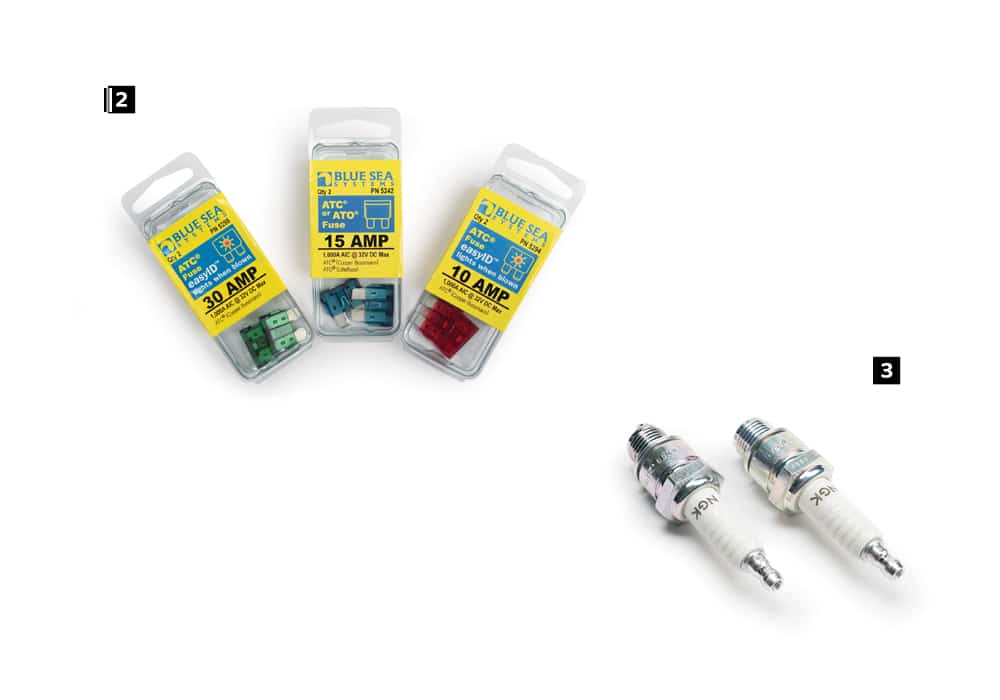
[3] Extra Spark Plugs: Pack at least a few, along with the respective wrench. Jon Whittle
In addition to the basic hand tools, Jank brought along a spare prop and prop wrench, extra outboard oil, spark plugs, and a handheld VHF radio, which was prudent since they didn’t see another boat while they were in the marsh. He also carried an extra pair of trailer hubs and wheel bearings as insurance for the long 1,300-mile road trip.
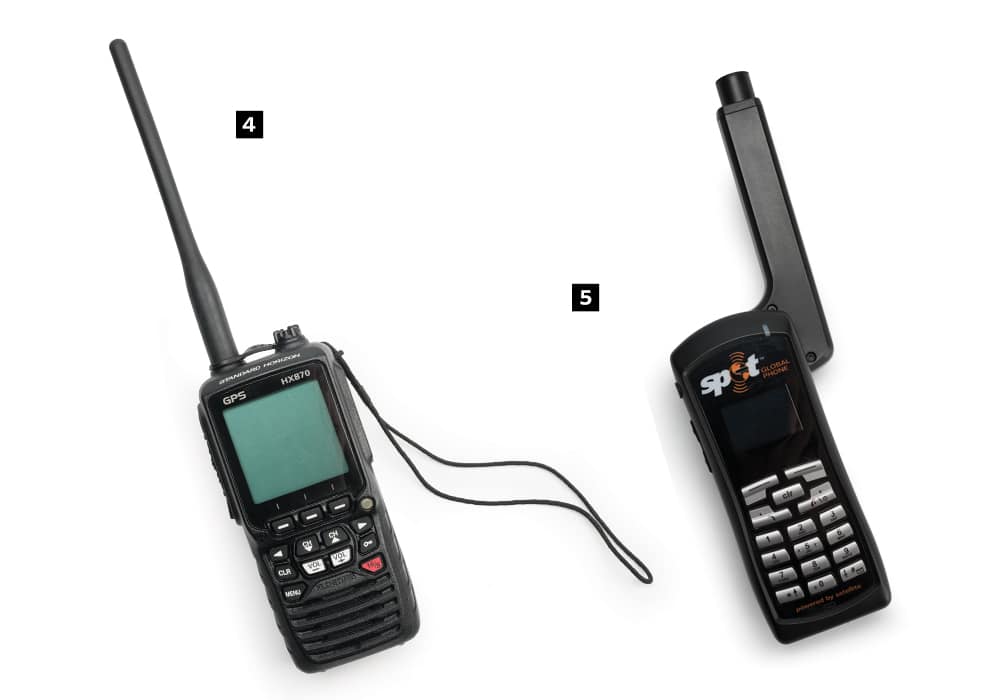
[5] Satellite Phone: Allows you to call home or ask for help from anywhere. Jon Whittle
Other recommended additions to a well-stocked traveling boat box are spare fuses, batteries for remote controls, zip ties, hose clamps, and electrical tape. As Jank said, “No matter the destination, it always pays to plan ahead.”
Read Next:
Make Your Boat More Comfortable
Safe Passage to Bahamas
Fishing Abroad
So, what are you waiting for? Break out those charts, boot up the laptop, and start planning your own adventure to unfamiliar waters. Not only is it fun, but it’s also usually fishy to expand your horizons and get out of the comfort zone every now and then.





